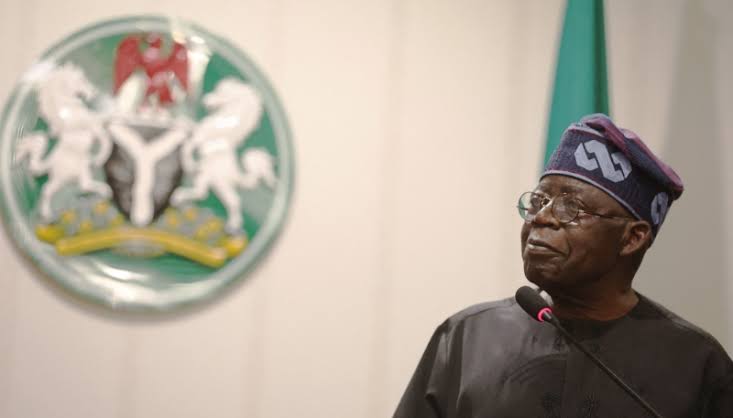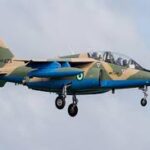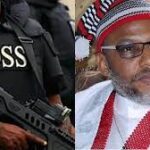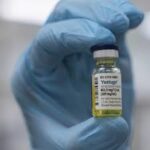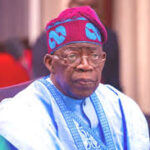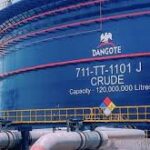The race for Nigeria’s 2027 presidential election is gradually taking shape with early alignments, endorsements, and internal debates—particularly within the opposition. While the ruling All Progressives Congress (APC) appears to have settled for incumbent President Bola Ahmed Tinubu as its candidate, opposition figures are yet to reach a consensus, navigating internal zoning debates and the formation of a new political platform.
Tinubu Gains Momentum Amid Early Endorsements
President Tinubu has received a wave of endorsements from APC governors, led by Imo State Governor Hope Uzodimma, positioning him as the party’s presumptive candidate for a second term. Several private individuals and even opposition figures have also expressed support for his re-election, citing his “bold reforms.”
Opposition Still Undecided, Eyes New Platform
Meanwhile, the opposition coalition, led by former Vice President Atiku Abubakar and former Kaduna State Governor Nasir El-Rufai, has yet to present a unified front. Although they filed an application with the Independent National Electoral Commission (INEC) on June 19 to register a new political party—the All Democratic Alliance (ADA)—other key decisions, such as candidate selection and zoning, remain unresolved.
A critical sticking point for the coalition is whether to zone the presidential ticket to the South in line with current national sentiment, or to the North, for geopolitical balance. The northern option, however, is seen as unpopular after the eight-year tenure of President Muhammadu Buhari.
Below is a rundown of key political figures being considered within the opposition ranks:
Goodluck Jonathan – The Reluctant Candidate
Former President Goodluck Jonathan has witnessed a resurgence in popularity due to his peaceful exit from power in 2015 and international diplomatic engagements. He is perceived as a compromise southern candidate, constitutionally limited to one term, which may attract northern backing. However, his wife Patience Jonathan’s recent comment distancing him from any contest against Tinubu casts doubt on this option.
Atiku Abubakar – Veteran Aspirant
Atiku, who has contested the presidency six times since 1993, remains a central but divisive figure. Though he came second in the 2023 election, many within the coalition believe he has had his turn. His repeated ambition is seen as a source of division in the PDP, and the current mood favours a southern candidate, putting his prospects in question.
Peter Obi – Youthful Hopeful
Labour Party’s Peter Obi, who secured over 6 million votes in 2023 and came in third, remains a potential contender. Despite strong youth support and his Southeast home base, questions linger over whether he can replicate his 2023 momentum and gain northern trust, especially as he is eligible for two terms post-Tinubu.
Bukola Saraki – Silent Strategist
Former Senate President Bukola Saraki is viewed as a potential consensus candidate due to his North-Central roots and Yoruba background. Though he hasn’t declared interest, Saraki is seen as a political bridge. However, regional biases and his 2019 electoral losses could weigh against him.
Rabiu Kwankwaso – Kano Strongman
Former Kano Governor Rabiu Kwankwaso, who ran on the NNPP ticket in 2023 and came fourth, retains strong grassroots support in Kano. However, internal party crises and his limited national appeal diminish his chances. He has yet to formally align with the broader opposition coalition.
Chibuike Amaechi – Bold Challenger
Ex-Rivers Governor Rotimi Amaechi is considered experienced, having held various top offices. He placed second behind Tinubu in the APC’s 2022 primary and has openly criticized some government policies. Though regarded as credible, doubts remain about whether the North would trust another southerner eligible for two terms.
Nasir El-Rufai – Political Disruptor
Though Nasir El-Rufai has not publicly declared presidential ambition, he is a key player in the coalition. His fallout with the Tinubu administration—particularly his failed ministerial confirmation—has fueled speculation that he’s working behind the scenes to unseat the president, possibly as a vice-presidential candidate. However, his legacy in Southern Kaduna remains a stain on his record.
Ibrahim Shekarau – The Quiet Force
Another former Kano governor, Ibrahim Shekarau, leads the League of Northern Democrats (LND), which is part of the opposition talks. While he is vocal about removing Tinubu, he lacks the national traction to pose a serious threat, and like Kwankwaso, he may struggle to secure cross-regional appeal.
Still a Fluid Landscape
With the opposition coalition still debating zoning, party structure, and candidate viability, analysts believe time is ticking. Though several aspirants—both from the North and South—are being floated, no single figure has emerged to rally a nationwide movement against the well-established Tinubu candidacy.
For now, the ruling APC seems to be ahead in the 2027 race, while the opposition remains in a state of flux. Whether the formation of the All Democratic Alliance will recalibrate the balance remains to be seen.
